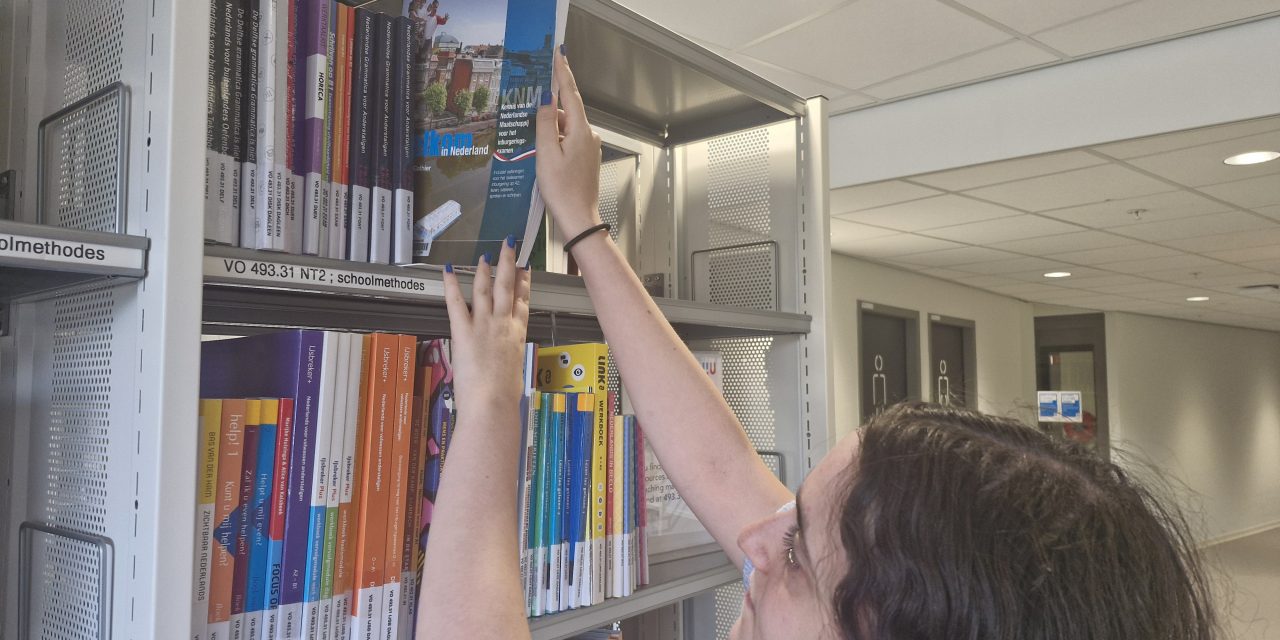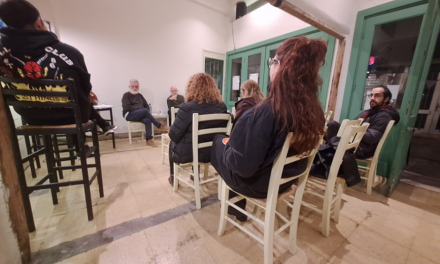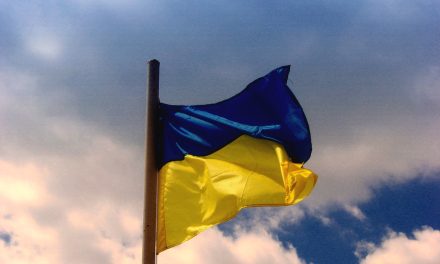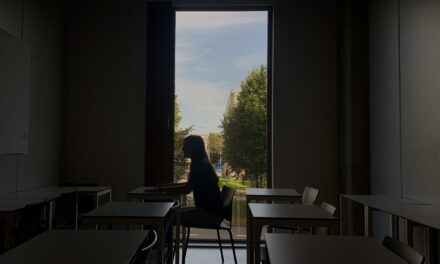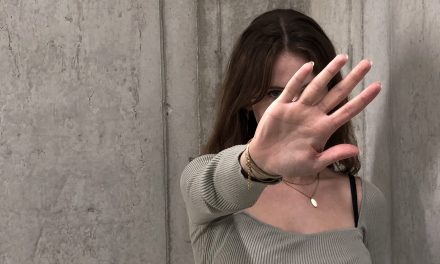After the Russian invasion of Ukraine in 2022, a lot of Ukrainians fled their country to the EU. At first, the thought was that it was going to be temporary; however, the war has been happening for more than three years, and there is no near solution to it. For this reason, Ukrainians are trying to integrate into Dutch society, one of the processes is learning the language.
Like many refugees, Lina Lomakina came to the Netherlands at the start of the war. For her, speaking Dutch at first wasn’t a priority. “It’s not about analysing that I’m not going to learn it, because I’m not staying here, but because you’re figuring out things, what your tomorrow is going to be,” Lina said.
Later, she attended a Dutch government-provided course. Right now, she speaks at an A2 level of Dutch, but it took her a while to get there. “The waiting list was pretty long. I joined in summer 2024, and I took exams in summer 2025,” Lina said. She also adds that her life was “really unstable” to learn Dutch more quickly. “Locations are shifting, people around you are shifting, you can’t really understand if you are able to learn something, you should also work,” she said.
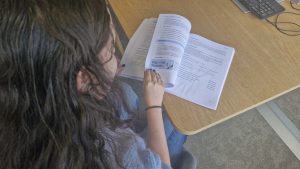
Staged scenario.
Asked if she’s planning on staying in the Netherlands even if the war is over, Lina said that “it’s the most complicated question for everyone”.
Another Ukrainian, Liudmyla Hoida, took a different step in learning Dutch. At first, Liudmyla took private courses because she was influenced by her colleagues. “It was a first step, because I was absolutely zero about Dutch. For me, it was very hard because there are some people who already have a bit of knowledge of the Dutch language, and I decided to stop the study there. I looked for something different,” she said.
Liudmyla then started learning Dutch at Volksuniversiteit, she wanted “more professional courses”.
To her, learning Dutch was a way to get “to know a little bit about culture, about people,” and try to speak with Dutch people.
Another interviewed Ukrainian, Mykola Tryfonov, who is from Mariupol, said that his job provided language lessons. “I had a teacher, I had an individual course. My work organised a course for me and for my friend,” he said.
Now Mykola is planning on getting the B2 level of the Dutch language.
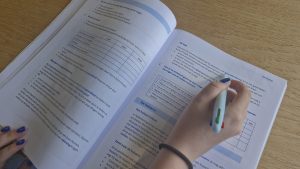
Staged scenario.
Asked about reasons for learning Dutch, he said that he needs Dutch for work and also for his sons, because they go to a Dutch school. “Sometimes at home I speak Dutch, because my son sometimes changes language at home and speaks Dutch,” he adds.
When talking about the future, Mykola said that he’s not planning to go back to Ukraine. “My home destroyed, part of my family killed in Mariupol,” he said. Mykola adds that he might go to another European country, but coming back to Ukraine is “very difficult”.
